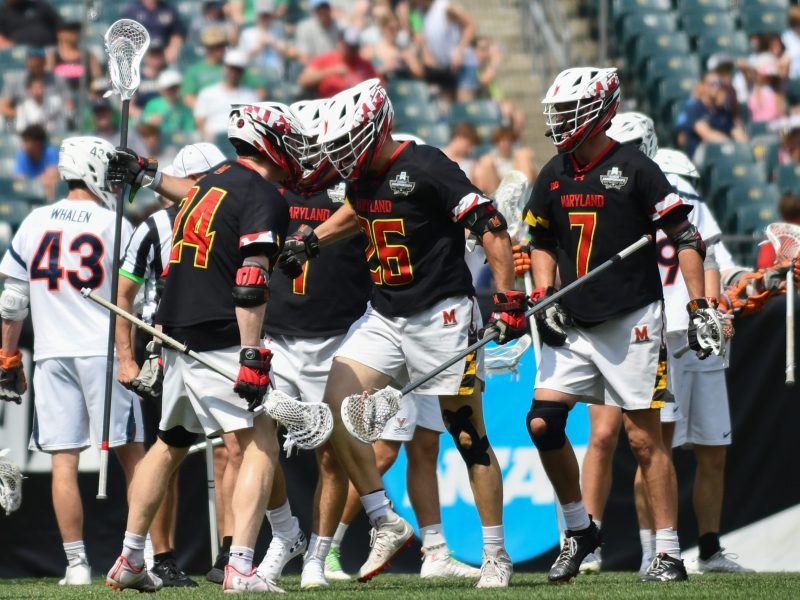
Dan Crystal shared his experiences of serving in the military with oral history group StoryCorps. Members of the project recorded 18 interviews with students, faculty, alumni and family members of the university community.
Dan Crystal had low expectations going into his trip to a New York American Legion post during his leave from his first tour with the U.S. Army. But the business graduate student met a fellow veteran — one who was stationed decades earlier at the same base as he was in Korea — and left with what he calls a lasting bond.
“I started talking to this veteran that was sitting there, and we found out that we had been stationed at the same base in Korea, just decades apart. I was enforcing an armistice that came out of the Korean War, the war he had served in,” Crystal said. “It didn’t matter that he was older or that I didn’t know him; we just started trading stories, and I felt like I belonged immediately.”
These bonds between military personnel, which stretch across the country and over generations, are what StoryCorps has set out to record with the Military Voices Initiative. The nonprofit oral history project travels across the nation, collecting interviews with people from different backgrounds and preserving them in the American Folklife Center at the Library of Congress. NPR often features such stories on Morning Edition, a weekly broadcast.
Members of StoryCorps visited this university Thursday through Saturday and recorded 18 sessions with university students, faculty, alumni and TerpVets executive members after Veteran Student Life Coordinator Brian Bertges and Stamp Student Union Director Marsha Guenzler-Stevens reached out to the program.
These sessions will be added to more than the 45,000 interviews collected by StoryCorps since its establishment in 2003.
Luis Gallo, an interview facilitator with the project, said during his year and a half with StoryCorps, he’s traveled across the country, “from Alaska to Miami, in military bases and rural Mississippi.”
“It’s an honor to hear these experiences firsthand,” Gallo said. “Some of the participants have really opened up in interview sessions, and we end up keeping in touch with a few of them. When people are compelled to share such personal parts of their lives, there’s a bond that’s created.”
StoryCorps interviewers format each session as a conversations between participants, Gallo said, with the interviewer serving as a moderator. This style offers participants an opportunity to share their experiences in their own voices, telling their own stories without a filter, Gallo said. A diverse community and interviews with people from different walks of life contribute to the overall narrative the storytellers hope to collect, he said.
Bertges, who participated in the interview with Crystal, worked to include a number of university veterans in the sessions.
“We tried to encapsulate the full range of stories and relationships,” Bertges said. “It’s a great chance for everyone to engage in conversations and talk about their service and the impact it’s had on their lives.”
To Crystal, the Military Voices Initiative is a way to archive history, especially the culture of the military and the nation since 9/11.
“I was a history undergrad at Tulane [University], so I naturally think it’s super important for Americans to remember their history,” Crystal said. “The events they’re living through are having a huge impact, whether they realize it now or not.”


